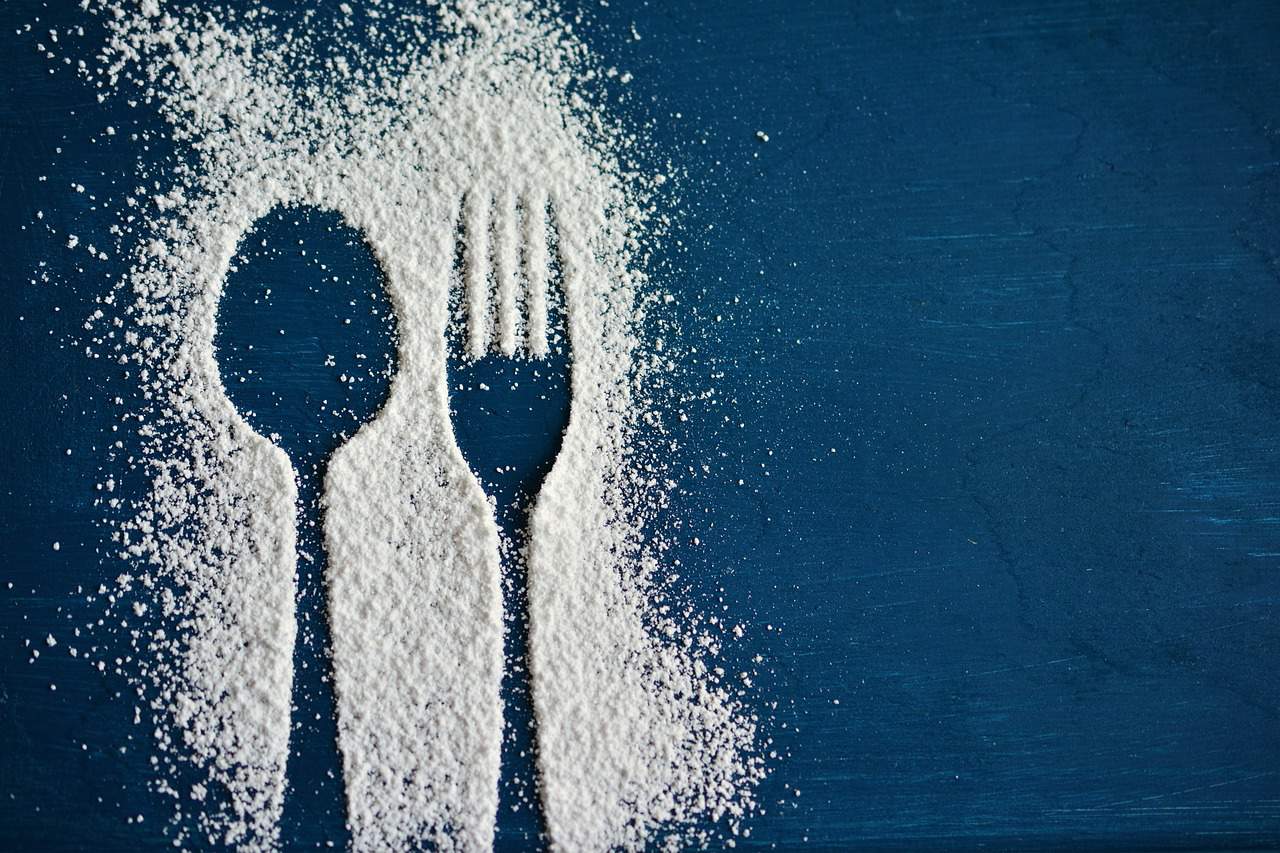
The Effect of Sugar on Whole Body Health in Senior Adults
Sugar and aging are related in many ways, not the least of which is that both can prematurely reduce quality of life. For the average American, 20 to 25 percent of their daily caloric intake is comprised of table sugar, equaling half a pound a day and more than five tons in a lifetime. With strong links between sugar and premature aging, diabetes, cardiovascular disease, cancer, and more, we thought we would take the time this week to discuss the relationship between sugar and whole-body health in senior adults in hospice in Alameda County and elsewhere.
A Look at the Impact of Sugar
If you look at the history of sugar consumption in this country over the years, you will see a marked increase. In the 1800s, for example, average sugar consumption was 12 pounds per person each year. In 1980, it increased to 124 pounds, and in 1997, it increased further to 152 pounds. Researchers say that 75 percent of all sugar we consume originates from processed food. Studies connect a high sugar intake with a higher risk of type 2 diabetes, cancer, cardiovascular disease, chronic inflammation, and obesity, not to mention premature aging.
Sugar consumption has both long-term and short-term effects on older adults. Some of the long-term effects of high-sugar diets include joint inflammation (which makes conditions like arthritis worse), higher triglyceride levels, high cholesterol, and metabolic issues. And because we store sugar as fat in our bodies, this can lead to being overweight or obese which brings its own set of health problems to the table.
Some of the short-term effects include so-called sugar highs. This is when you consume sugar, experience a brief high due to rising insulin levels, then “crash” soon after. You may assume sugar gives you energy, but it actually saps you of it. It’s not a sustainable solution.
Aging and poor nutrition are both risk factors for developing chronic age-related diseases. Studies show that when young animals consume diets high in sugar or fat, they show typical hallmarks of aging such as mitochondrial dysfunction and inflammation, while developing a higher risk for age-related disease, according to the National Library of Medicine.
The Dangers of Too Much Sugar in Older Adulthood
The two main sources of sugar in the American diet are beverages (47 percent) and sweets/snacks (31 percent). Let’s take a look at the dangers of consuming too much sugar in your diet as an older adult.
1. Useless calories
Natural sugar that is derived from wholesome foods is a good sugar. But processed foods with added sugar are empty calories with no nutritional benefit as far as minerals, vitamins, proteins, or healthy fats go.
The American Heart Association (AHA) recommends that women should have no more than six teaspoons of sugar a day (25 grams/100 calories) and men should have no more than nine teaspoons (36 grams/150 calories). Despite these guidelines, the average American consumes 17 teaspoons each day.
2. Harmful effects worsen with age
Our metabolism starts slowing down around age 30, and by the time you reach your 60s, your metabolism has taken even more of a hit, which is compounded by the propensity to be less active throughout the day. You just don’t need as many calories to function as you used to when you were young and active. But many older adults don’t adjust their caloric intake to account for lower levels of activity, and that’s where the problems come in.
Continuing to eat foods with lots of added sugar will leave less room in your diet for high-nutritional value foods. Weight gain and type 2 diabetes can result, among other conditions.
3. Shorter lifespan
Eating too much sugar can increase your risk of heart disease and premature death. A recent JAMA study showed that those who consumed 21 percent or more of their caloric intake each day from added sugar are more than twice as likely to succumb to heart disease and die than people who kept that level at 10 percent or less.
4. Forms bad habits
Added sugar gives you a quick energy boost because it is readily absorbed and digested. But that energy surge, as you know, will burn out quickly. This has a tendency to trigger negative cycles of eating high-sugar foods as you attempt to recover from each crash. Snacking on an apple, on the other hand, allows you to you avoid the crash due to the fructose and fiber found in fruit.
Contact Pathways Home Health and Hospice
The caregiving team at Pathways can accommodate any diet for any patient in our hospice program. We understand many older individuals cannot tolerate high sugar or salt diets. Ask us how we can help your loved one have a high quality of life by adjusting their diet. Contact us today at 888-978-1306.

